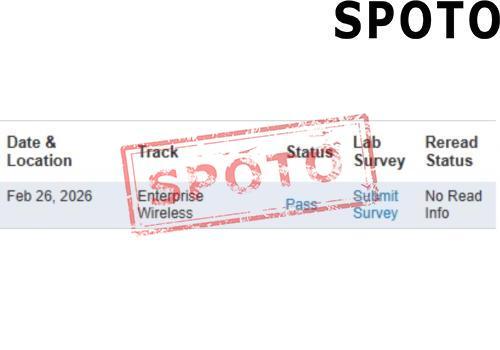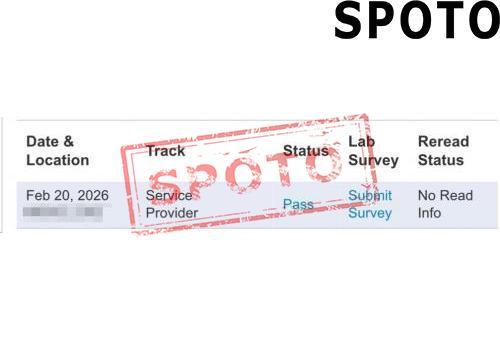
Table of Contents
A performance analyst is a professional who uses his or her data analysis, text processing and presentation skills to help companies optimize their internal organizational framework and improve their work efficiency.This article will introduce you to what a Wireless Performance Analyst is, the career information and prospects of a Wireless Performance Analyst and the necessary conditions to become a Wireless Performance Analyst.
1. What is a Performance Analyst?
A performance analyst is a professional who uses his or her data analysis, text processing and presentation skills to help companies optimize their internal organizational framework and improve their work efficiency.
2. What does a Performance Analyst do?
Since performance analysts often spend a lot of time collecting and analyzing data, preparing and making presentations, and collaborating with multiple departments within the company, they often need to have strong information identification, critical thinking, and information interpretation skills. In their daily work, performance analysts are responsible for collecting data, researching issues that affect business performance, and submitting reports to make improvement suggestions that can have a positive impact on company performance. They work in a wide range of fields, covering various industries such as financial companies and manufacturing companies. They usually have extensive knowledge in specific areas and understand organizational behaviors that can increase revenue and promote growth. Analysts use technology to collect data to evaluate business performance. They usually develop key performance indicators for evaluation and evaluate changes over a period of time, report their findings to senior management, and may make improvement suggestions for business practices.
3. How much does a Performance Analyst Make?
According to Glassdoor, the expected total annual salary for Performance analysts is $81,869, with an average annual salary of $75,499. However, most performance improvement analysts currently make between $69,000 and $95,000, with the highest earners in the United States making up to $136,500. The average salary range for performance improvement analysts varies widely (up to $26,000), which means there are many opportunities for advancement and pay increases depending on skill level, location, and years of experience.
4. Job Outlook of Performance Analyst
The Job Outlook of Performance Analyst is generally strong and optimistic. According to the U.S. Bureau of Labor Statistics, employment of management analysts (and related positions) is expected to grow by 11% from 2023 to 2033. This means an average of 95,700 job openings per year over the next decade.
5. Similar Occupations of Performance Analyst
- Network Performance Analyst
- RF Optimization Engineer
- Network Operations Analyst
- Data Analyst
- Network Specialist
- Network Engineer
- Network Security Engineer
- System Administrator
- Information Technology Specialist
6. What Are the Qualifications to Become a Performance Analyst?
(1) Obtain a Bachelor's Degree
When hiring performance analysts, most employers prefer candidates with a bachelor's degree or higher in a related field, such as business, economics, statistics, mathematics, or computer science.
(2) Develop professional skills
The position of performance analyst often requires job seekers to have strong analytical skills, so job seekers with strong analytical thinking and keen insight can be more competitive in the job search and promotion process. Therefore, in terms of skills, job seekers are often required to be proficient in using various tools and software to collect, process and visualize data, such as Excel, SQL, Tableau or Power BI. In addition, job seekers also need to have good communication and presentation skills, because this career often requires explaining your findings and recommendations to different audiences (such as managers, customers or stakeholders). In addition, you also need to have a deep understanding of the organization's business goals and the key performance indicators (KPIs) and metrics related to your business area.
(3) Earn Industry Certifications
Obtaining a certification that is highly recognized by the industry can prove your professional ability and ability to perform the position, and can also enhance your competitiveness in the workplace. Therefore, we recommend that you obtain the CCIE Enterprise Wireless certification.CCIE Enterprise Wireless Certification This certification validates your mastery of planning, designing, implementing, operating, and optimizing complex enterprise wireless networks. Earn the Cisco Certified Internetwork Expert (CCIE) Enterprise Wireless certification to help you make decisions about these solutions.










